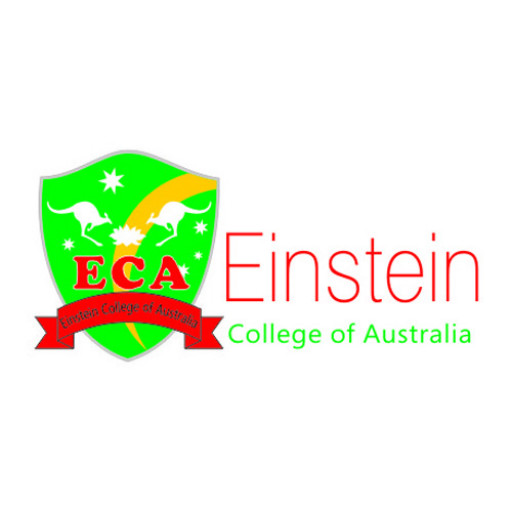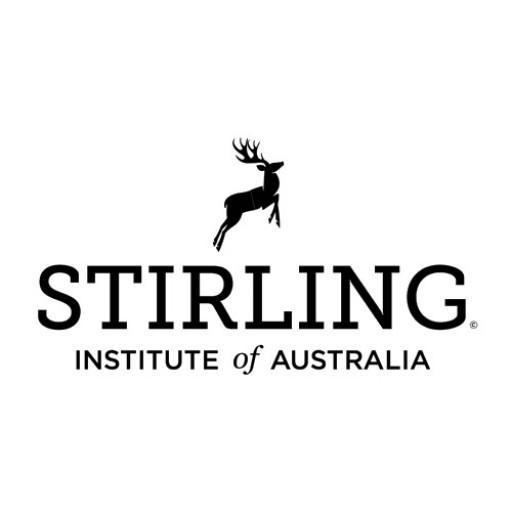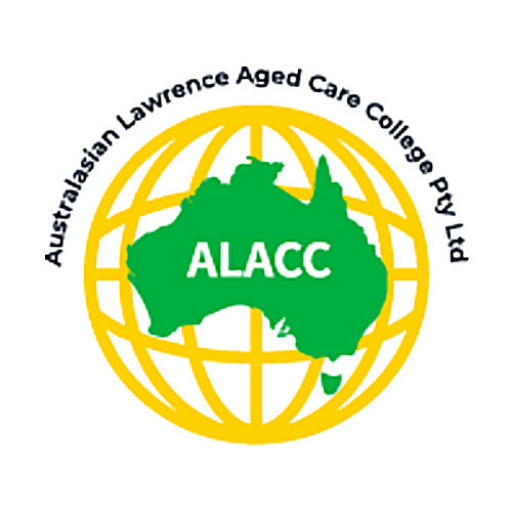Photos of university / #uow
The Accreditation Certificate in Dementia Care can be a clinically-based application that prepares practitioners for advanced professional training in the specialist field of dementia. Students utilize work-based learning to increase client care and service delivery in the multidisciplinary atmosphere. This level prepares students for career development into mature clinicaleducation, management, instruction, and research functions. Graduates from this class are clinical nurse advisors, aspiring clinical nurse advisors, family carers, medical practitioners, occupational therapists, physiotherapists, registered nurses, social workers, volunteers along with other functions in aged and dementia care. The application differs from classes offered by other NSW and Australian universities in that it is underpinned by a rehabilitation approach to dementia care.
The Bachelor of Dementia Care at the University of Wollongong is a comprehensive undergraduate program designed to equip students with the knowledge and skills necessary to provide high-quality care for individuals living with dementia. This program covers a wide range of topics, including the biological and psychological aspects of dementia, the social and ethical considerations involved in caring for affected individuals, and contemporary approaches to dementia management and support.
Throughout the course, students will explore the underlying causes and progression of dementia, gaining a deep understanding of the cognitive and behavioural changes that occur. They will learn about person-centered care approaches, communication strategies, and the importance of creating supportive environments for those with dementia. The program emphasizes the development of practical skills through clinical placements and real-world case studies, enabling students to apply theoretical knowledge in diverse care settings such as community, residential, and healthcare environments.
In addition to core coursework, students will undertake specialized modules focusing on issues like ethical decision-making, legal considerations, and working with families and caregivers. The program also addresses emerging research and innovations in dementia care, preparing graduates to contribute effectively to an evolving health landscape. Students will have access to experienced faculty with expertise in neuroscience, caregiving, and health promotion, ensuring a rich learning experience.
Graduates of the Bachelor of Dementia Care program will be well-prepared for employment in aged care facilities, community care services, healthcare organizations, and advocacy groups. They will possess the skills to support individuals with dementia and their families, promote best practices in dementia care, and participate in policy development and improvement initiatives. The program aims to produce compassionate, knowledgeable, and skilled professionals committed to enhancing the quality of life for those affected by dementia.
A recognised Bachelors level in a health care field, or equivalent. Other professional credentials in a relevant subject can also be considered.
The University of Wollongong offers various financing options for students enrolled in the Dementia Care programs, designed to make education accessible and affordable. Domestic students may access a range of government support schemes, including the Commonwealth-supported places (CSP), which subsidize tuition fees and significantly reduce the financial burden of higher education. Additionally, students can apply for Australian government loans such as HECS-HELP, which allows the deferral of tuition payments until a future income threshold is reached. There are also scholarship opportunities available for eligible students, including merit-based scholarships, equity scholarships, and specific bursaries aimed at supporting students pursuing health and aged care disciplines.
International students enrolling in Dementia Care programs can explore scholarship options offered by the University of Wollongong, which are available to assist with tuition fees and living expenses. The university also provides guidance on external funding sources, including government and private sector grants, that can support students throughout their studies.
Students are encouraged to consult the university’s financial aid office, which offers personalized advice on available pathways to fund their education, including payment plans and financial counseling. The university aims to support students in managing the costs associated with their studies, recognizing that training in dementia care is essential for addressing the growing demand for qualified professionals in the health sector.
Furthermore, the university often updates its funding policies to accommodate changing government regulations and economic conditions, ensuring that students have access to the most current financial assistance programs. By providing comprehensive financing options, the University of Wollongong seeks to attract and retain students committed to enhancing dementia care services, thereby contributing to improved health outcomes and aged care quality across communities.
The University of Wollongong offers comprehensive educational programs focusing on Dementia Care, designed to equip students with the skills and knowledge necessary to provide high-quality care to individuals suffering from dementia. The curriculum covers a wide range of topics including understanding dementia pathology, communication techniques with dementia patients, ethical considerations, and innovative approaches to care management. The program emphasizes a person-centered approach, ensuring that care providers respect the dignity, independence, and individuality of those affected by dementia. Students are introduced to the latest research and best practices in dementia care, fostering critical thinking and practical skills through a combination of theoretical coursework and hands-on training. The program also addresses the emotional and psychological impacts on families and caregivers, providing strategies for support and counseling. Interdisciplinary collaboration is a key component, preparing students to work effectively within diverse healthcare teams. The University of Wollongong’s facilities include simulation labs and partnerships with clinical organizations, offering students real-world experience. Graduates of the program are well-prepared to work in various healthcare settings such as hospitals, community health organizations, residential aged care facilities, and specialized dementia care units. The program aims to improve patient outcomes by focusing on holistic and empathetic care practices, fostering a deeper understanding of the complexities involved in caring for individuals with dementia. The university’s commitment to innovation and research in health sciences ensures that the curriculum remains current, reflecting the evolving landscape of dementia treatment and care strategies. Overall, this program provides a solid foundation for those committed to making a difference in the lives of individuals affected by dementia, while also advancing their careers in health and social care sectors.






